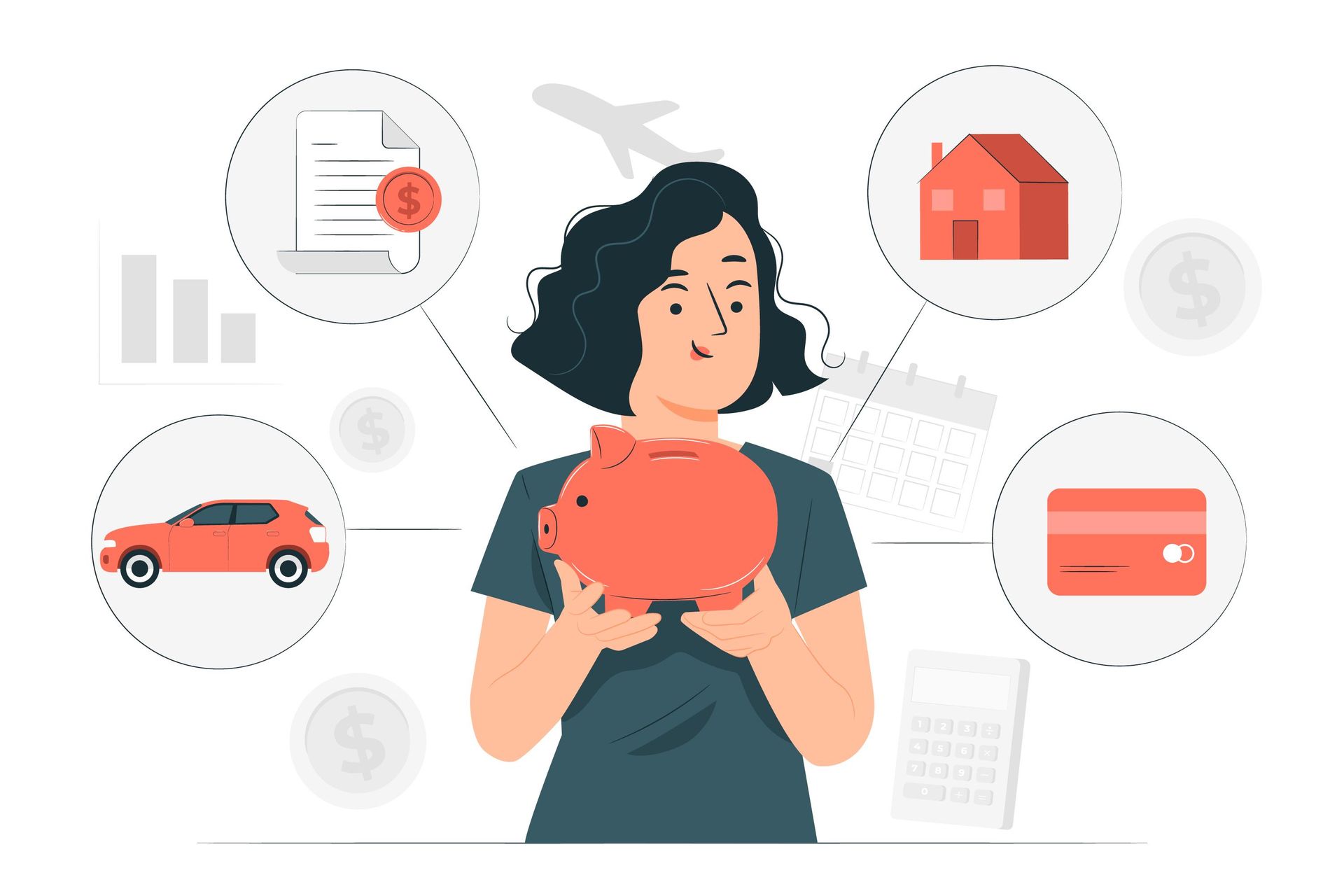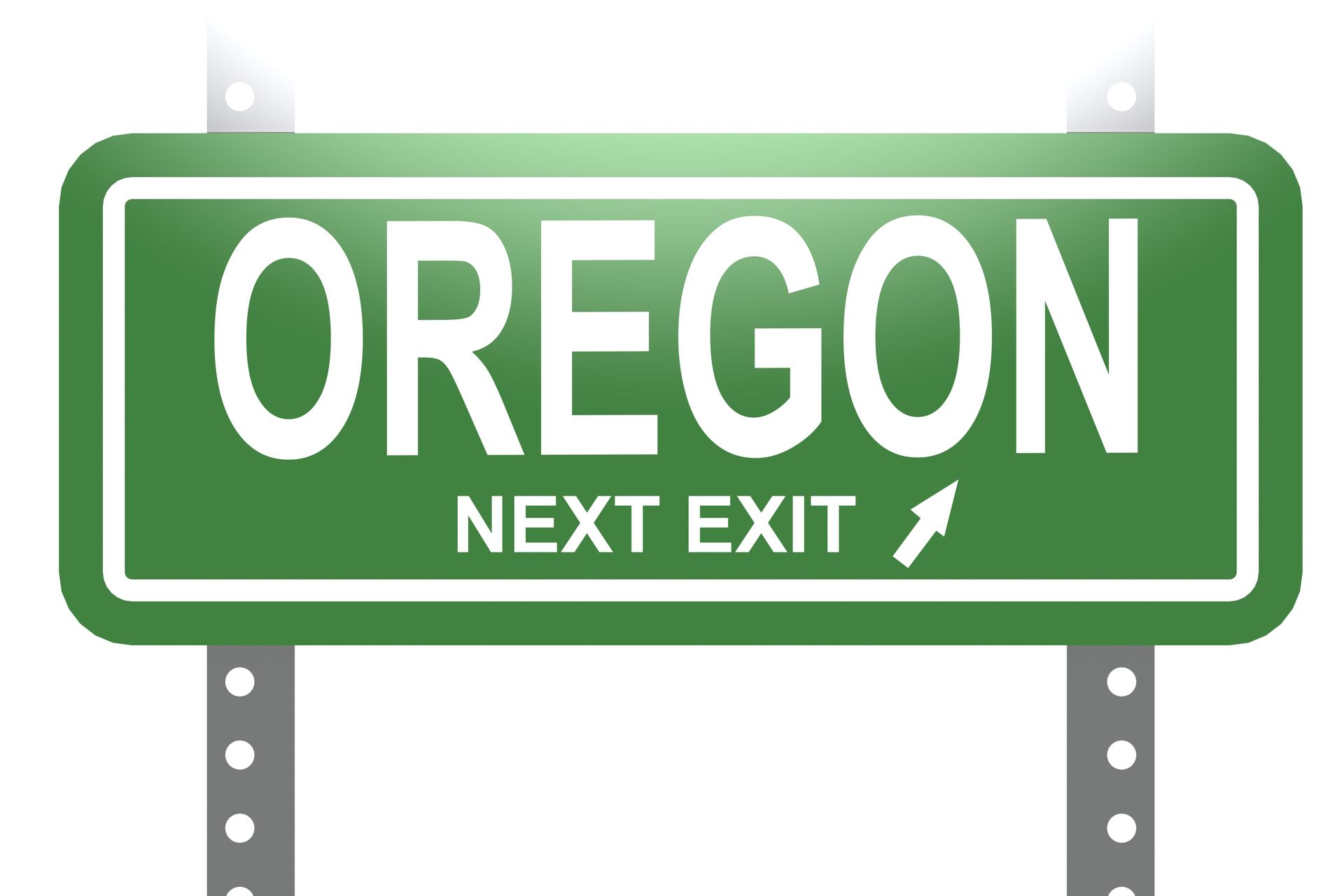What Can You Lose if You Have to File Bankruptcy?
Most people who file bankruptcy don’t lose anything except their bills. By far, the vast majority of bankruptcy cases are so-called “no asset” cases. This means that the trustee isn’t going to try to take anything because everything is exempt. Or, what isn’t exempt isn’t worth enough for the trustee to take. The exemption laws for bankruptcies in Oregon usually cover everything you have, so you can see why it is important to have an attorney who knows how they work.

Exemption Laws
There are two sets of exemption laws, one under Oregon Statues, and one in the bankruptcy statutes themselves, known as the Federal Exemption Laws. Depending on what assets you have, one is usually much better for you than the other one.
If you have lived in Oregon continuously for the last two and a half years, you can choose which set you want to use in your case.
If you were living somewhere else in the last two and a half years, then the determination of which exemption law you have to use depends on the state where you were living two years ago. You definitely need legal advice as to which exemptions you can use, if you lived outside of Oregon sometime in the last two and a half years. Sometimes the answer is to file right away when the exemptions for the state you used to live in are better for you. Sometimes it is better to wait to file, if the set of exemptions available in Oregon will be more favorable for you.
Federal Exemption Laws
The Federal Exemption Laws are much more generous in almost every category except the homestead exemption in an individual case. This is because the so-called “catch-all” or “wild card” exemption in them is over $14,000.00 if you don’t need a homestead exemption while it is only $400.00 under Oregon Exemption Laws. Also under the Federal Exemption Laws, you can add the wild card exemption to other exemptions.
The Federal Exemptions also protect almost all of the same things that are covered under the usual exemption laws like some business assets, cars, furniture and appliances, retirement accounts, clothing, personal possessions, and jewelry. And while it doesn’t have a specific exemption for firearms, they can be covered under the generous exemption (almost $14,000.00) for personal possessions and household goods.
Oregon Exemption Laws

Oregon Exemption Laws cover a homestead of $40,000.00 for an individual which is more than the approximately $25,000.00 that can be protected for an individual. Also, they allow you to claim money in the bank as exempt if it can be traced to an exempt source like social security, child support, or unemployment whereas, under the Federal Exemption Laws, you would have to use part of your catch-all exemption to cover it.
Each state has its own Exemption Laws. Just like in Oregon, those laws protect people's assets even if they don’t file bankruptcy. But the available exemptions in other states vary widely. Several states have much larger homestead exemptions. Others have bigger exemptions for business or farm assets. A good bankruptcy attorney will help you by determining if you have a chance to choose which state’s exemptions laws are best for you.
Chapter 7 Bankruptcy
What You Can Lose In Oregon When Filing Chapter 7
It is very unlikely that you will lose anything if you file Chapter 7. The protection available under the Federal Exemption Laws or the State Exemption Laws usually cover everything you have.
The most common non-exempt asset is equity in your home. This is because property values in Oregon have appreciated so substantially over the past few years.
If you have, for example, more than $40,000.00 in a home for an individual or more than $50,000.00 for a couple, you are at risk of losing your home if you file Chapter 7 bankruptcy. You can either file Chapter 13 and not worry about losing your home or make a deal with the trustee for monthly payments, if the equity is not too much.
This is also the case if you have too much equity in your vehicle or in your business. It is very common to make this kind of deal with the trustee but you definitely need a lawyer to negotiate on your behalf.
Chapter 13 Bankruptcy
In Chapter 13, you never lose anything but the trade off is that the Federal or Oregon Exemption Laws affect how much your Chapter 13 Plan payments have to be. This is because of the rule that says that your creditors have to be paid as much in your Chapter 13 as they would have been if you filed Chapter 7 instead. Only the source is payments under the Chapter 13 Plan instead of the sale of assets by the Chapter 7 Trustee. So the exemptions are very important because they reduce the amount of your plan payments.
You will always use the Exemption Laws that are the most beneficial in your individual situation. A good bankruptcy attorney will make sure that your exemptions are the best available for your assets and will recommend negotiations with the Chapter 7 Trustee if you have some non-exempt equity in something. Chapter 13 bankruptcy is usually necessary to protect something in which you would have to pay so much that the Chapter 7 trustee is unlikely to accept payments over a long enough period of time.
What You Can Lose In Oregon When Filing Chapter 13
The only time you might lose something in Chapter 13 is when the equity in something, for example, your home, is more than what you can afford to pay to your creditors over a 5 year period of time. In that situation, your Chapter 13 plan will have to have a “refinance or sell” clause that provides some of the funding for the plan.
Don’t Tackle Bankruptcy On Your Own

The decision as to which set of exemption laws to use is very complicated. We are dedicated to making sure our clients know how they work and which ones would be best for you. If you contact us, we can advise you as part of your free initial consultation if you can relax knowing that you are not going to lose anything.
We can let you know if it looks like some negotiations will be required or that you might have to file Chapter 13. We have helped thousands of people with these difficult issues before and we would be happy to help you as well.
But trying to decide what to do without legal advice can mean that you lose things that with the help of an experienced bankruptcy attorney you would have been able to keep.









Share On: